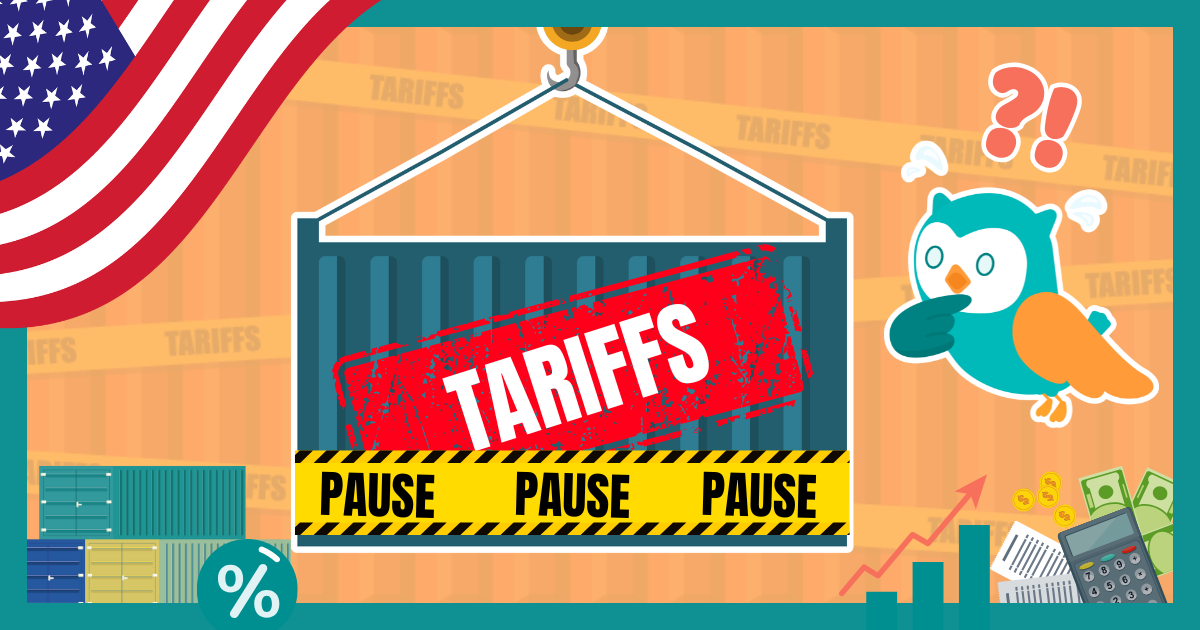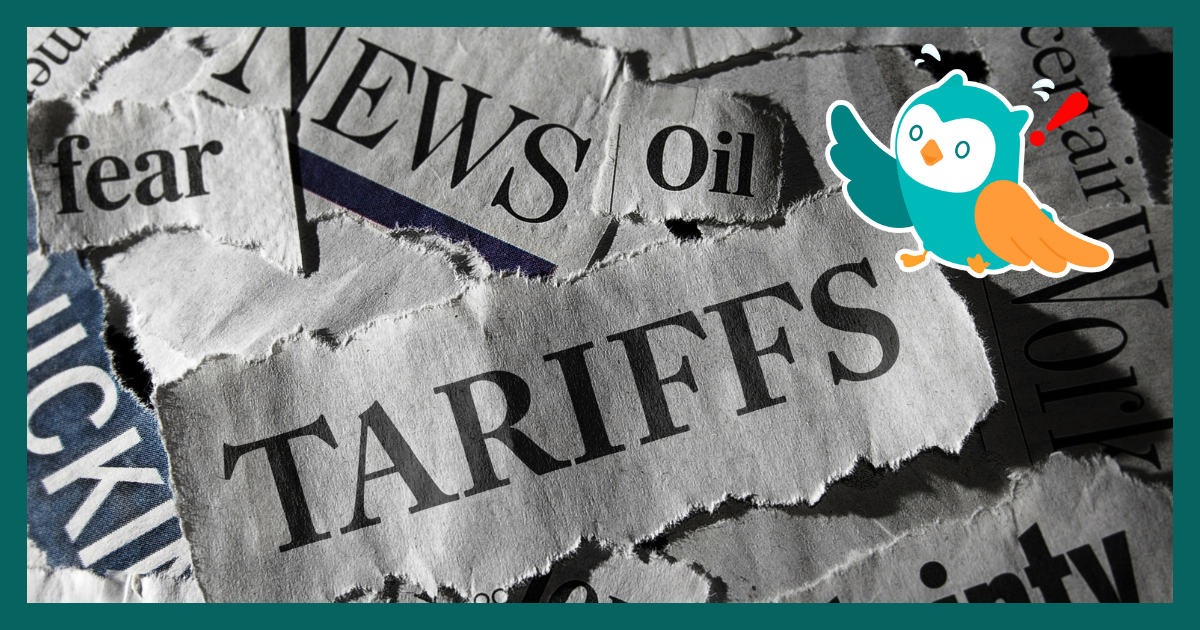Note: It was announced in November 2023 that MoneyOwl will be acquired by Temasek Trust to serve communities under a re-purposed model, and will move away from direct sale of financial products. The article is retained with original information relevant as at the date of the article only, and any mention of products or promotions is retained for reference purposes only.
______________
Markets may rise and fall like a rollercoaster, but our investment team shows why it is important to stay disciplined despite the noise.
(3 October 2022 – 7 October 2022)
Stocks started the week and a new quarter on a sharply positive note, with rallies on Monday and Tuesday, only to turn negative the next three days. Nevertheless, the major stock indexes posted gains last week, with the S&P 500 and MSCI World Index up 1.51% and 1.64%, respectively. Comparatively, MoneyOwl’s 100% equity portfolio was up 2.04%. The past week marks the second positive week out of the past eight for equities to end on a positive note.
The market rally on Monday and Tuesday sent the S&P 500 to its biggest two-day surge since March 2020, as the index rose by 5.7%. However, equities started falling mid-week as solid monthly jobs report from the US raised expectations that the US Federal Reserve will approve a 0.75% interest rate increase for the fourth meeting in a row. Although September’s jobs gain of 263,000 was down from the prior month’s 315,000 figure in August, it was modestly above economists’ expectations, as the unemployment rate slipped to 3.5% from 3.7%.
In fixed income, the Bloomberg Barclays Global Aggregate Bond Index was up slightly at 0.05%, while the benchmark US 10-year Treasury yield was up 6 bps to 3.89%. A Consumer Price Index report scheduled to be released this Thursday will indicate whether the recent moderation in inflation extended into September. In August, inflation rose at an annual 8.3% rate, marking a slight slowdown from the previous month’s 8.5% figure, largely due to falling gasoline prices.
Last week’s heightened volatility as markets rose and fell like a rollercoaster kept the media busy. As a result, there were swathes of news and financial commentaries that espoused different views on investing.
Staying ‘Disciplined’
At MoneyOwl, we are guided and grounded by a strong investment philosophy and remain steadfast and unwavering when faced with short-term noise. We believe that growing wealth has no shortcuts. Instead, success requires a solid investment approach, a long-term perspective, and discipline to stay the course by being invested at all times. The chart below shows how a disciplined investor who stayed invested could look beyond today’s concerns to reap the long-term gains of the markets.
Markets Have Rewarded Discipline

Most people look to the financial markets as their main investment avenue—and the good news is that the capital markets have traditionally rewarded disciplined investors. The markets represent capitalism at work in the economy—and historically, free markets have provided a long-term return that has offset inflation.
The chart above shows the performance of the MSCI World Index through various financial crises and wars. The data illustrates the benefits of staying disciplined to create real wealth over time.
Keep in mind that there are inherent risks and uncertainty in the markets. Historical results may not be repeated in the future. Nevertheless, the market is constantly pricing securities to reflect a positive expected return going forward. Otherwise, no one will invest their capital.
UK Tax Plan Reversal
The new UK government, led by Prime Minister Liz Truss, abruptly dropped their plan to implement tax cuts and spending increases funded by borrowing. The reversal came after the initial announcement of the tax cut plan on September 23, which triggered a sharp decline in the value of the British pound. As of Friday, relative to the US dollar, the pound had recovered most of the ground lost in that initial drop.
Credit Suisse
Credit Suisse’s five-year credit default swaps — a gauge of credit risk — rose to a record while its stock hit a fresh low after the bank’s attempts to reassure markets of its financial stability backfired. Chief Executive Officer Ulrich Koerner had sought to calm employees and the markets over the weekend, only to see his carefully-worded memo achieve the opposite effect. While touting the bank’s capital levels and liquidity, he acknowledged that the firm was facing a “critical moment” as it worked toward its latest overhaul. The bank circulated talking points to executives on how to answer clients who brought up the swaps, according to people with knowledge of the matter. Credit Suisse declined to comment via a company spokesperson.
Missile Warning
The Japanese government announced that a North Korean missile was launched toward the northern part of the country in an escalation to the run-of-the-mill provocations that people have become accustomed to. The missile launched on Tuesday splashed down in the Western Pacific about 3,200 kilometres east of Japan, officials in Tokyo said, adding there were no reports of damage. Japanese Prime Minister Fumio Kishida condemned the launch, and South Korean President Yoon Suk Yeol warned of a “resolute response.” The test represented the longest-range weapon fired by North Korea since May.
Read more Market Insights here.
Disclaimer: While every reasonable care is taken to ensure the accuracy of the information provided, no responsibility can be accepted for any loss or inconvenience caused by any error or omission. The information and opinions expressed herein are made in good faith and are based on sources believed to be reliable but no representation or warranty, express or implied, is made as to their accuracy, completeness or correctness. Expressions of opinions or estimates should neither be relied upon nor used in any way as an indication of the future performance of any financial products, as prices of assets and currencies may go down as well as up and past performance should not be taken as an indication of future performance. The author and publisher shall have no liability for any loss or expense whatsoever relating to investment decisions made by the reader.
Follow MoneyOwl on social media for more awesome content on investments, insurance, and financial planning!




